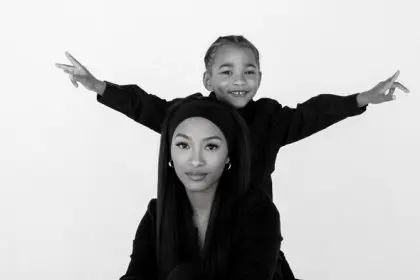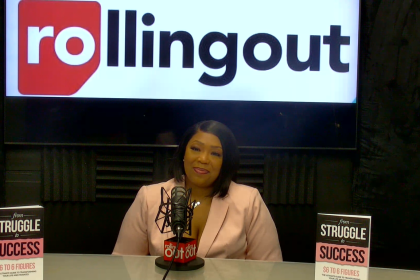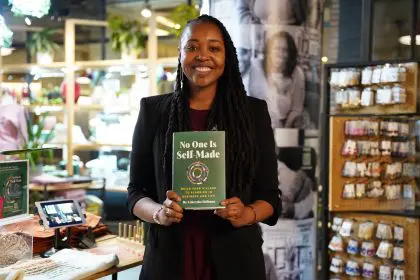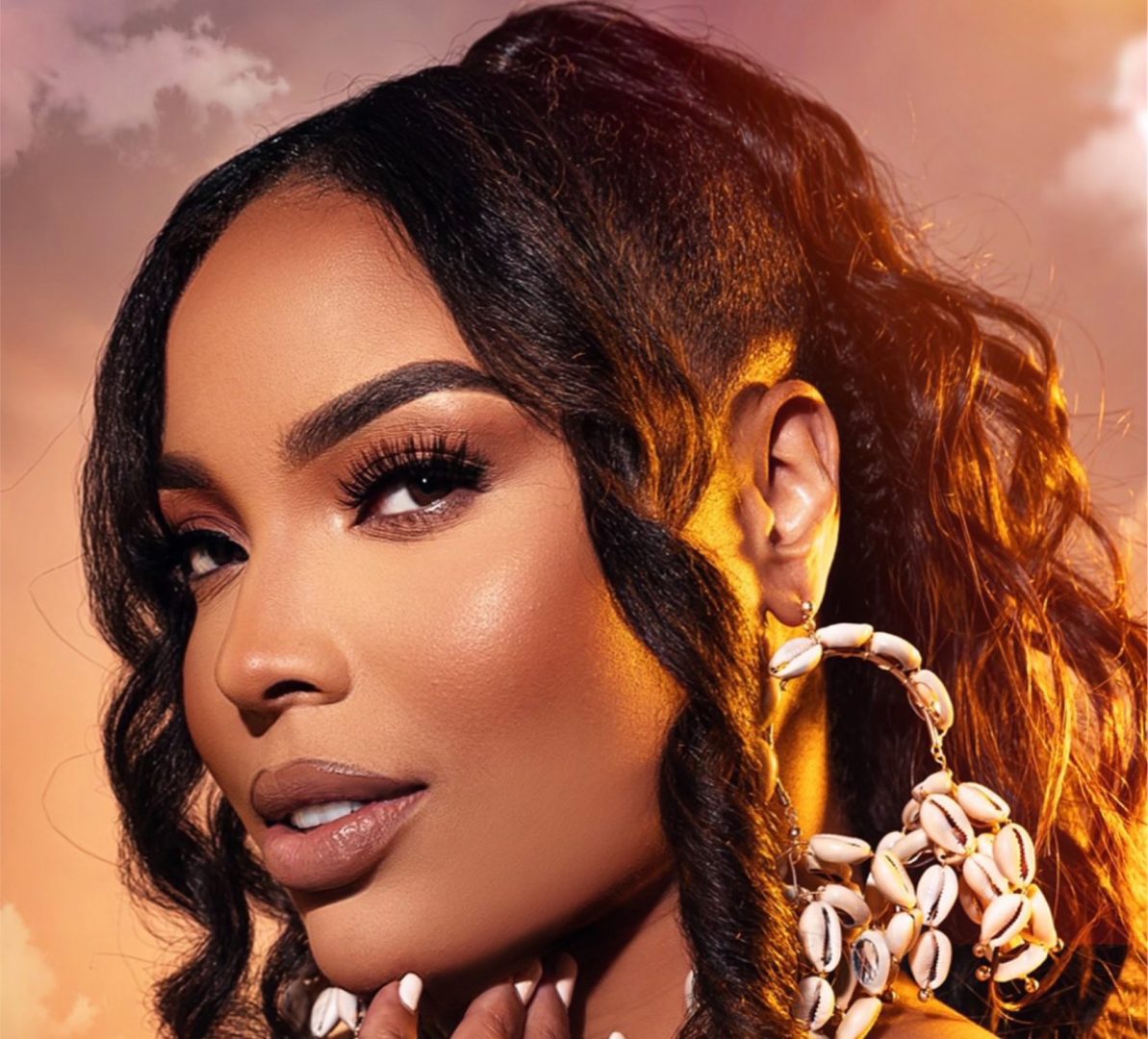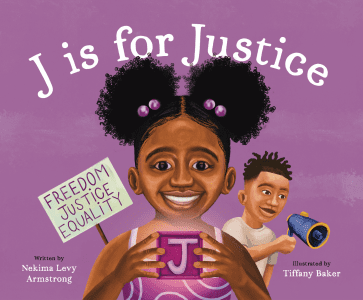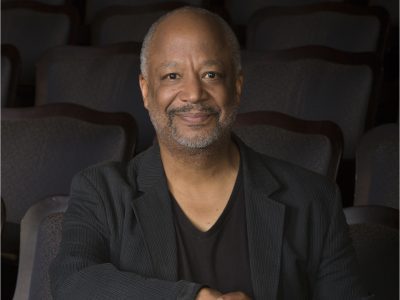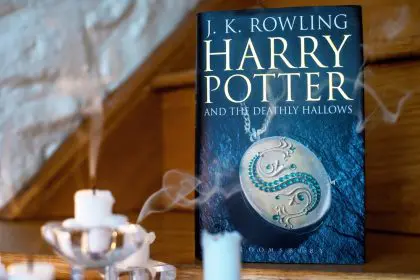What advice do you have for other writers?
It’s important to have an outline. What do you want to tell? How much do you want to tell? Is there anything you don’t want anyone to know? Are there things that absolutely must be told? How do you want to tell? Do you want to tell it from this present day going back in time? Do you want to tell it from back in time to this present day?
Those are the types of things that I wrestled with from the beginning. Do I want to write these letters to my daughter? But I decided to draw a picture of my life and my journey, and it started from being on the abortion table. The doctor’s in the room. I’m about to have an abortion. Seconds before it began, I said, “Hey, I changed my mind.” And so my book opened up with a prologue. I think it’s important that you start with something that captures the reader’s [attention].
What would a young teenage mom glean from your movements?
Hope is what I hope they will glean. I wrote the book hoping to inspire, to encourage, to uplift anyone, whether they’re a young girl, young man or woman. I’ve had men read the books as well and be inspired. I hope that anyone who reads the book and may find themselves in a situation of despair or hopelessness can say, “Hey, if Ruby can do it, so can I.”
That’s kind of the journey. I believe in the concept [of] each one reach one, so I make sure that I try to be that inspiration for the next generation.

